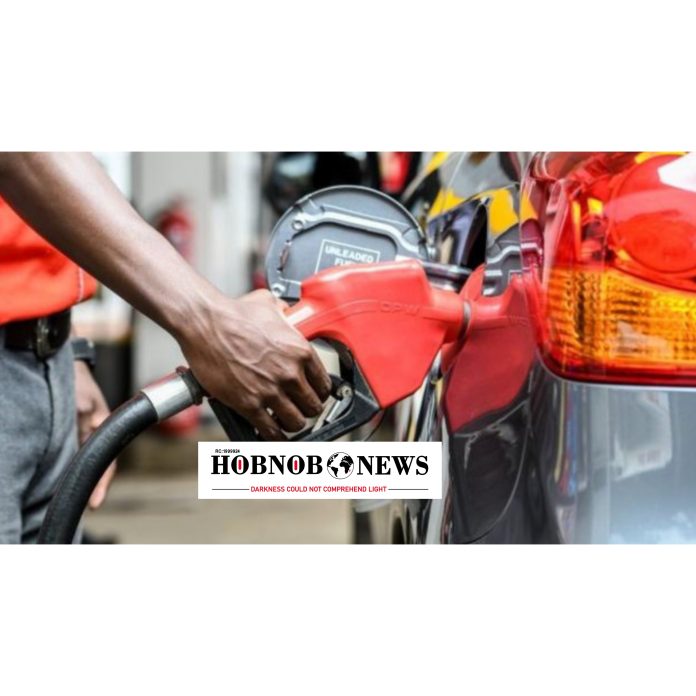The National Bureau of Statistics (NBS) reported a 1.93% increase in diesel prices in Nigeria, reaching N1,406.05 per liter in August 2024. This rise coincides with a boycott by local marketers against Dangote Refinery’s products.
According to the NBS, diesel prices surged 64.58% from N854.32 per liter in August 2023. In June 2024, consumers paid N1,462.98, a 5.71% reduction from July 2024’s N1,379.48.
The boycott by regional fuel merchants likely caused the price increase. Dangote Refinery began producing diesel and aviation jet fuel in April and premium motor spirit (PMS) in September.
Aliko Dangote, Africa’s richest man, stated that the refinery’s supply reduced local diesel prices by about 60%. “Diesel was sold for about N1,700 before the Dangote Refinery started operations. We dropped the price by almost 60% to around N1,000.”
However, Devakumar V.G. Edwin, Vice President of Dangote Industries Limited, expressed frustration over local marketers’ boycott. “Some Nigerian traders have declined to purchase from the refinery, opting to continue importing refined products from overseas… Local marketers only buy around 3 percent of the product.”
Edwin noted that 97% of the refinery’s output, including diesel and jet fuel, is exported due to the boycott. “We have kept the diesel price below N1,200 even though the exchange rate has increased to almost N1,500 per dollar.”
The NBS report highlighted regional price variations:
“The average retail price of Automotive Gas Oil (Diesel) paid by consumers increased by 64.58% on a year-on-year basis…”
“Looking at the variations in State prices, the top three States with the highest average price… include Kaduna State (N1,930.79), Bauchi State (N1,927.34), and Taraba (N1,638.14).”
“The three states with the lowest prices were Lagos State (N1,237.14), Ogun State (N1,255.00), and Osun (N1,268.18).”
The boycott’s impact on diesel prices and the refinery’s operations remains a concern.
Dangote Refinery’s efforts to provide affordable petroleum products face challenges from local marketers’ resistance.
The ongoing situation highlights the complexities in Nigeria’s petroleum market.
As the refinery continues to produce, the standoff between Dangote and local marketers will likely influence diesel prices and the country’s energy landscape.
The NBS data underscores the need for a resolution to ensure stable fuel prices and optimal utilization of Dangote Refinery’s capacity.

